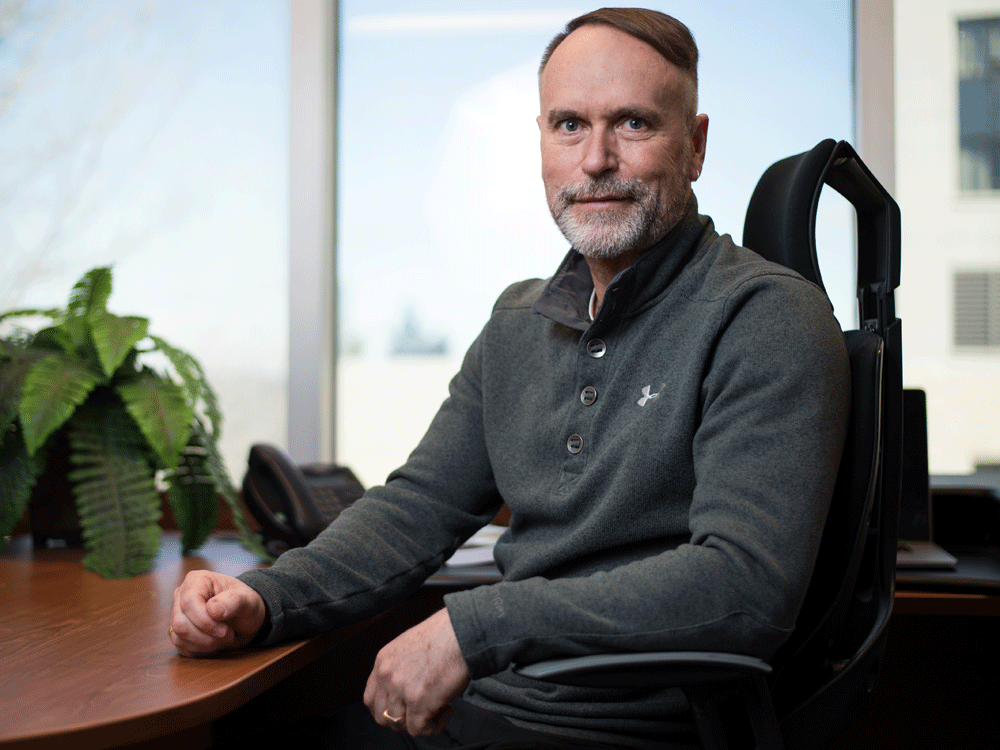Article content continued
Psychotherapy, now more accessible than ever via virtual care, can help people cope with abnormal stressors, Frances says. What he doesn’t support is a huge increase in antidepressant use. “I think we have to normalize this as the new normal — the idea that we’re going to face tremendous stressors from repeated pandemics, and even more from climate change,” Frances says.
It’s unlikely any magic bullet will suddenly end the pandemic. “And so people have to start thinking long-term, not waiting, ‘oh, I’ll be OK’ or the world will be OK next month, or even next year,” Frances says. “People have to start planning their next several years in a way that doesn’t have them constantly anxious and sad and regretting what’s been lost, but rather finds the most in each day under these new circumstances.”
How do we adjust our lives so that they are satisfying, despite this being a chronic stress? “Find things you enjoy the most, and fill your day with as many good minutes as possible,” Frances says. “Find the people who matter the most to you and the things that matter the most to you.” Exercise, even a brisk walk, listening to music, reaching out to people via social networking — “the things that make life worth living, most of them can be preserved even in the midst of a pandemic.”
But humans are remarkably resilient. ”This is terrible, but it’s not as bad as being in the Blitz in London,” Frances says. It’s also rational to be cautious of others. Even with herd immunity achieved via vaccination, the virus will still spread, though more slowly. “So a rational person should be cautious and fearful for probably the next several years, especially if they are in high-risk groups,” says Frances.
Gratzer recommends people reach out to a family doctor and begin a conversation if what they’re feeling goes beyond feeling stressed. The CAMH site has information on coping strategies for COVID anxiety, as well as how to talk to children about the pandemic virus.
For those with suicidal thoughts, or if you are concerned about a friend or loved one, please contact the Canadian Suicide Prevention Service at 1-833-456-4566 (available 24/7/365) or text 45645 between 4 pm and midnight ET.
• Email: skirkey@postmedia.com | Twitter: sharon_kirkey

